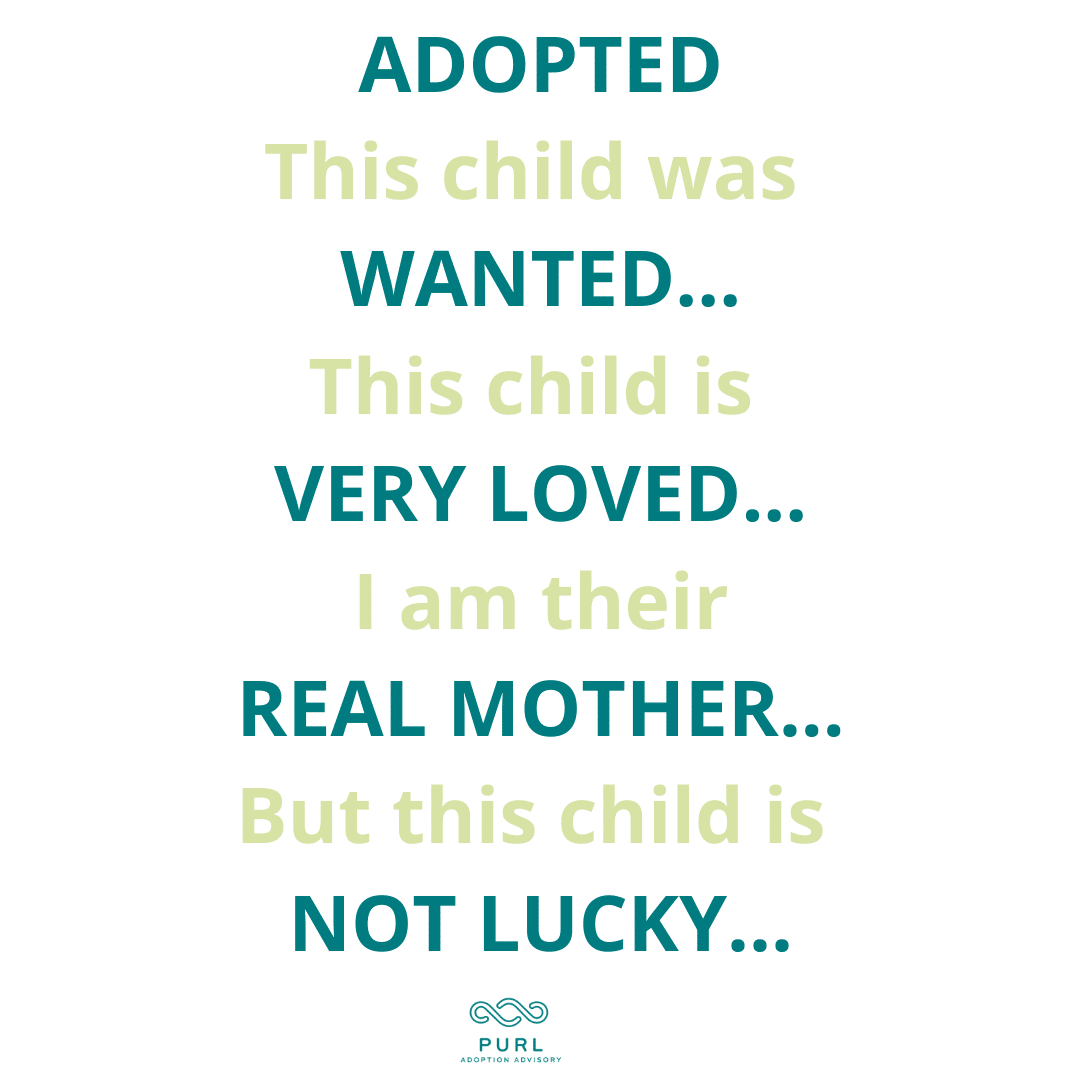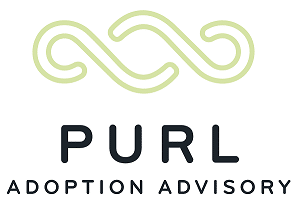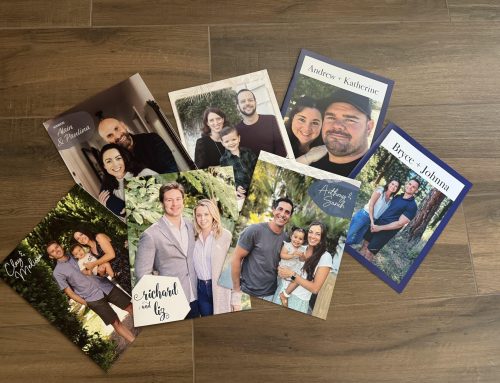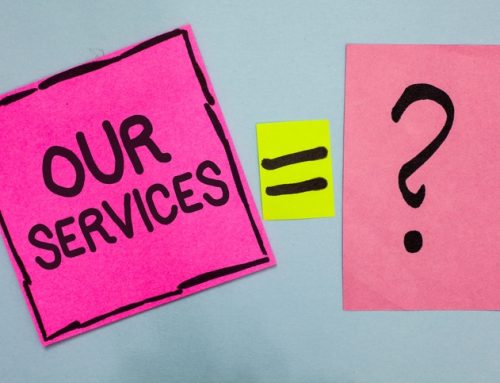
If you are a parent through domestic adoption, you’ve probably heard the following phrases said to you by well-meaning friends, family, acquaintances and even perfect strangers:
“Why didn’t her birth mother want her?”
“Why didn’t her birth mother love her enough to keep her?”
“What is the story with her real mother?’“
“She’s so lucky to be in your family!”
I wanted to touch on each of these briefly for people who may not be as familiar with adoption, and to also help adoptive families learn how to better respond to these types of questions/comments.
Wanted
Many times it is assumed that a child who was placed for adoption wasn’t wanted by their birth family. In most cases I see in my role as adoption advisor, that birth mother very much wanted that child, but she is making the ultimate sacrifice in order to do better for their child. Oftentimes that mother is not prepared, financially stable, or otherwise in a position to parent the child, but it does not mean the child wasn’t wanted. Instead of terminating the pregnancy, these women now have to live with the regrets and sadness that there is a child out there that may look like them, shares their DNA, but that is living with another family. The parents through adoption also very much wanted that child, spent time and money becoming certified to adopt, and likely endured a difficult adoption process to get to their child. That child is very much wanted, not just by one family, but by two! When I get asked this question, I typically state: “She was very much wanted by her birth mother, but she also wanted to give her more than she could provide at the time, and chose us to raise her. The details of Cora’s adoption story are hers to share if she wants to down the road, but please know that she was actually wanted and loved by two families!”
Loved
Similar to wanted, oftentimes those unfamiliar with adoption believe that the child wasn’t loved if she was placed for adoption. On the contrary, someone who is placed for adoption was loved so much that a birth mother would break her own heart in order to have her child cared for another person who might be more suited to raise a child under the circumstances. There is no lack of love by that birth mother, and that child ends up being loved by at least two families, their birth families and their adoptive families. I typically respond the same way I respond to the “wanted” question above.
Real Mother
As I have written about before, there is nothing “fake” about parents to a child through adoption. Those parents are the ones that are caring for the child day in and day out, getting up to feed bottles in the middle of the night, calming a child during a nightmare, and teaching the child right from wrong. As an adoptive parent, It can be very hurtful to hear terminology like this that diminishes their role in their child’s life. A child’s biological or birth family has their reasons for making an adoption plan, and while they too are “real parents” to the child, their story is likely not one that the adoptive family should be sharing. So, expect that you won’t get many details if you ask about a child’s biological or birth family, but please try and use those terms instead of “real mother” or “real father”. Both sets of parents are very much real, and both should be treated with respect. I typically respond just by correcting the statement and saying, “The story of Cora’s BIRTH family is hers and her birth family’s stories to tell if they choose to. I am very much Cora’s “real mother” and so is her “birth mother”.
Lucky
This one is so, so common, adoptive parents being told how lucky their child through adoption is to be a part of their family. It is usually said as a compliment to the parents and to their family as a whole. But. it is important to remember that an adoption plan likely begins due to negative circumstances resulting in their birth family not being able to care for them, and that child will likely suffer trauma surrounding their adoption at one or more times in their lives. So they aren’t “lucky” to be a part of an adoption plan. Instead, the adoptive family is likely the ones who feel lucky to be fortunate enough to raise a child through adoption and be able to provide for a child under the circumstances. When this statement is made, I typically just respond simply with “No, I’m the lucky one!”.

If you are a parent through domestic adoption, you’ve probably heard the following phrases said to you by well-meaning friends, family, acquaintances and even perfect strangers:
“Why didn’t her birth mother want her?”
“Why didn’t her birth mother love her enough to keep her?”
“What is the story with her real mother?’“
“She’s so lucky to be in your family!”
I wanted to touch on each of these briefly for people who may not be as familiar with adoption, and to also help adoptive families learn how to better respond to these types of questions/comments.
Wanted
Many times it is assumed that a child who was placed for adoption wasn’t wanted by their birth family. In most cases I see in my role as adoption advisor, that birth mother very much wanted that child, but she is making the ultimate sacrifice in order to do better for their child. Oftentimes that mother is not prepared, financially stable, or otherwise in a position to parent the child, but it does not mean the child wasn’t wanted. Instead of terminating the pregnancy, these women now have to live with the regrets and sadness that there is a child out there that may look like them, shares their DNA, but that is living with another family. The parents through adoption also very much wanted that child, spent time and money becoming certified to adopt, and likely endured a difficult adoption process to get to their child. That child is very much wanted, not just by one family, but by two! When I get asked this question, I typically state: “She was very much wanted by her birth mother, but she also wanted to give her more than she could provide at the time, and chose us to raise her. The details of Cora’s adoption story are hers to share if she wants to down the road, but please know that she was actually wanted and loved by two families!”
Loved
Similar to wanted, oftentimes those unfamiliar with adoption believe that the child wasn’t loved if she was placed for adoption. On the contrary, someone who is placed for adoption was loved so much that a birth mother would break her own heart in order to have her child cared for another person who might be more suited to raise a child under the circumstances. There is no lack of love by that birth mother, and that child ends up being loved by at least two families, their birth families and their adoptive families. I typically respond the same way I respond to the “wanted” question above.
Real Mother
As I have written about before, there is nothing “fake” about parents to a child through adoption. Those parents are the ones that are caring for the child day in and day out, getting up to feed bottles in the middle of the night, calming a child during a nightmare, and teaching the child right from wrong. As an adoptive parent, It can be very hurtful to hear terminology like this that diminishes their role in their child’s life. A child’s biological or birth family has their reasons for making an adoption plan, and while they too are “real parents” to the child, their story is likely not one that the adoptive family should be sharing. So, expect that you won’t get many details if you ask about a child’s biological or birth family, but please try and use those terms instead of “real mother” or “real father”. Both sets of parents are very much real, and both should be treated with respect. I typically respond just by correcting the statement and saying, “The story of Cora’s BIRTH family is hers and her birth family’s stories to tell if they choose to. I am very much Cora’s “real mother” and so is her “birth mother”.
Lucky
This one is so, so common, adoptive parents being told how lucky their child through adoption is to be a part of their family. It is usually said as a compliment to the parents and to their family as a whole. But. it is important to remember that an adoption plan likely begins due to negative circumstances resulting in their birth family not being able to care for them, and that child will likely suffer trauma surrounding their adoption at one or more times in their lives. So they aren’t “lucky” to be a part of an adoption plan. Instead, the adoptive family is likely the ones who feel lucky to be fortunate enough to raise a child through adoption and be able to provide for a child under the circumstances. When this statement is made, I typically just respond simply with “No, I’m the lucky one!”.



